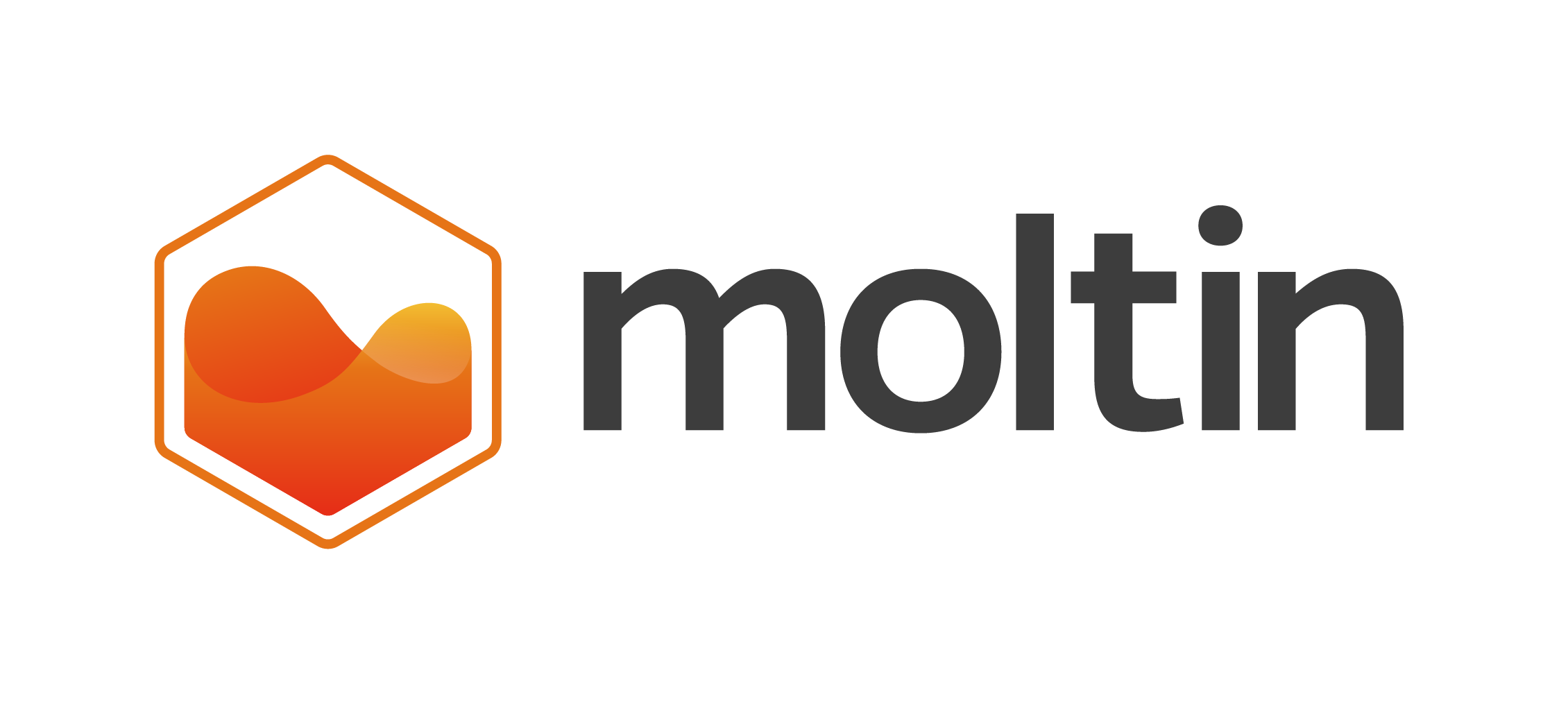Moltin iOS SDK

iOS/tvOS/watchOS SDK for the Moltin platform, written in Swift.
Requirements
- iOS 10.0+ / tvOS 10.0+ / watchOS 3.0+
- Swift 4.0+
Installation
Cocoapods
Add the following to your Podfile:
pod 'Moltin', '~> 3.1.2'
Or, quickly try out our examples:
pod try Moltin
Carthage
Add the following to your Cartfile:
github "Moltin/ios-sdk" ~> 3.1.2
Swift Package Manager
Add the following to your dependencies value in Package.swift:
dependencies: [
.package(url: "https://github.com/moltin/ios-sdk.git", from: "3.1.2")
]
Usage
Making a request
let moltin = Moltin(withClientID: "<your client ID>")
moltin.product.all { result in
switch result {
case .success(let response):
print(response)
case .failure(let error):
print(error)
}
}
moltin.product.get("<product ID>") { result in
switch result {
case .success(let response):
print(response)
case .failure(let error):
print(error)
}
}
moltin.product.tree { result in
switch result {
case .success(let response):
print(response)
case .failure(let error):
print(error)
}
}
Checking out & Payment
Paying for a cart is a two step process in Moltin.
First, check out your cart, which will return you an order:
self.moltin.cart.checkout(
cart: ...,
withCustomer: ...,
withBillingAddress: ...,
withShippingAddress: ...) { (result) in
switch result {
case .success(let order):
...
default: break
}
}
Now that you have an order, you can pay for your order. Moltin providers several gateways for you to use:
- Stripe
- BrainTree
- Adyen
- Manual
Once you’ve chosen your payment gateway, you can fulfil one of Moltin’s PaymentMethod‘s:
let paymentMethod = StripeToken(withStripeToken: ...)
You can then use this payment method to pay for an order:
self.moltin.cart.pay(
forOrderID: order.id,
withPaymentMethod: paymentMethod) { (result) in
...
}
Config
The basic way to set up the Moltin SDK is to create an instance of the Moltin class with your client ID and optionally the locale of the application. However, if you’d like to change additional details of the SDK, such as the URL of your Moltin instance, you can do so by passing in MoltinConfig.
let moltin = Moltin(withClientID: ...) // Takes Locale.current
let moltin = Moltin(withClientID: ..., withLocale: ...)
let config = MoltinConfig(
clientID: ...,
scheme: ...,
host: ...,
version: ...,
locale: ...)
let moltin = Moltin(withConfiguration: config)
Or:
let config = MoltinConfig.default(
withClientID: ...,
withLocale: ...)
let moltin = Moltin(withConfiguration: config)
Available Resources
- Brands
- Carts
- Categories
- Collections
- Currencies
- Files
- Flows
- Fields
- Entries
- Products
Authentication
Authentication is handled silently for you as part of the SDK. The SDK will cache credentials to ensure that it is not making unnecessary requests.
The iOS SDK only supports Implicit authentication currently.
Filtering
Operations
- Filter
- Sort
- Offset / Limit
- Include
Filter
moltin.product.filter(operator: .eq, key: "name", value: "ProductName").all {
...
}
Sort
moltin.product.sort("order").all {
...
}
moltin.product.sort("-order").all {
...
}
Offset / Limit
moltin.product.limit(10).offset(20).all {
...
}
Include
moltin.product.include([.mainImage, .files]).all {
...
}
Combining Operations
moltin.product.sort("-name").include([.mainImage]).limit(20).all {
...
}
Flows
If you’ve implemented a custom field on a resource by using flows, you can cast this to a type of your choice by type-hinting your result, so long as this type conforms to Codable:
moltin.product.all { (result: Result<PaginatedResponse<[MyCustomProduct]>>) in
switch result {
case .success(let response):
print(response.data) // [MyCustomProduct]
case .failure(_):
break
}
}
moltin.product.get(forID: "<your ID>") { (result: Result<MyCustomProduct>) in
switch result {
case .success(let response):
print(response) // MyCustomProduct
case .failure(_):
break
}
We recommend ensuring that your types extend from our base types for safety, then you implement the required init(from decoder: Decoder):
class MyCustomProduct: moltin.Product {
let author: Author
enum ProductCodingKeys : String, CodingKey {
case author
}
required init(from decoder: Decoder) throws {
let container = try decoder.container(keyedBy: ProductCodingKeys.self)
self.author = try container.decode(Author.self, forKey: .author)
try super.init(from: decoder)
}
}
This will allow you to add additional types as you need, but ensures the base type, such as product, is still parsed correctly.
Further Documentation
Find more general documentation on the API docs.
Communication
- If you need help with the SDK or the platform, get in touch on the forum
- If you found a bug with the SDK, open an issue on GitHub
- If you have a feature request for the SDK, open an issue.
- If you want to contribute to the SDK, submit a pull request.
License
Moltin is available under the MIT license. See the LICENSE file for more info.
 View on GitHub
View on GitHub
 moltin Reference
moltin Reference


